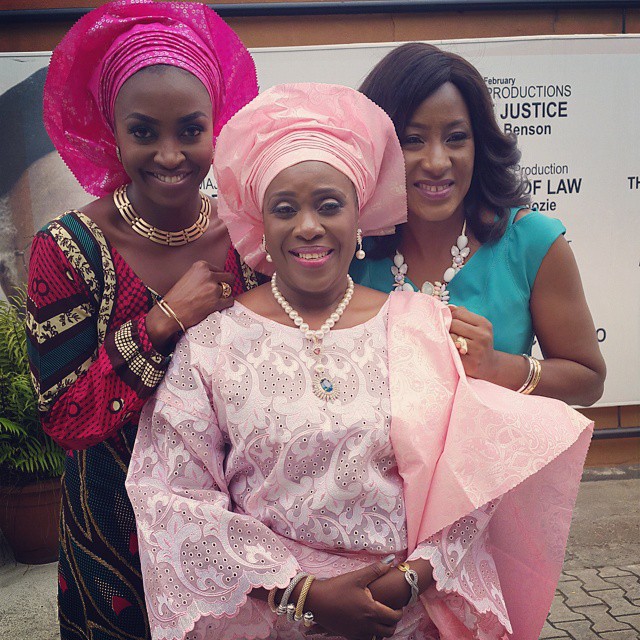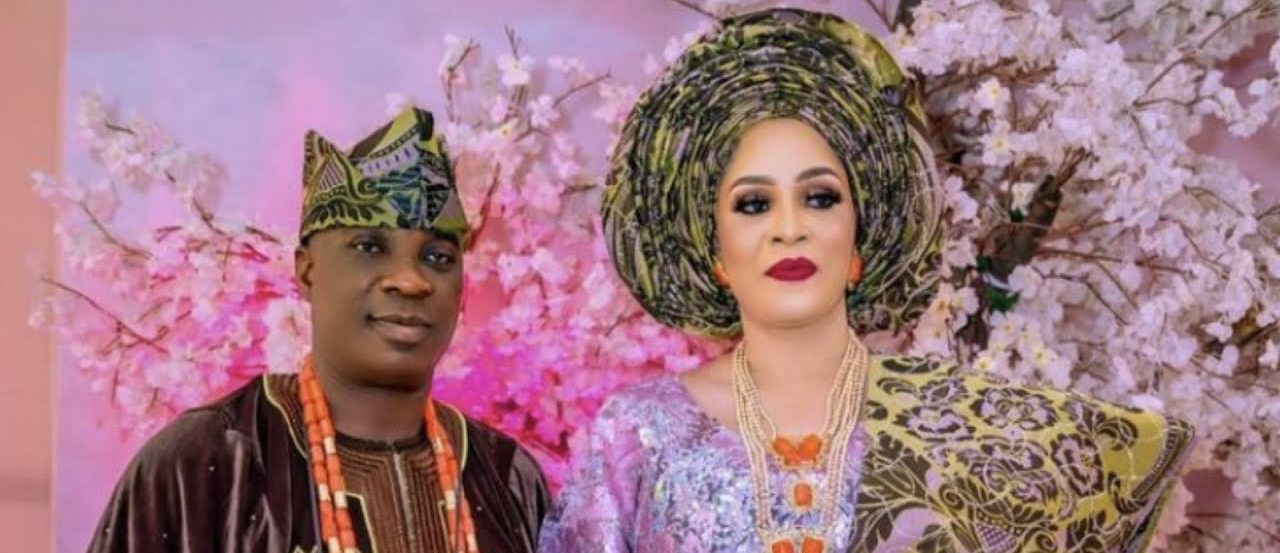
It was a heated argument in my office between this young married couple. The young lady had come to see me with her husband for what she said was a threat to their marriage. I was a little worried because they were very committed church members and had been married for just two years. As it turned out, it was all about money. Specifically, it was about how the man was handling the money in their joint account.
They had decided that there was no point having separate accounts after their wedding. So they opened a joint account and both closed down the separate accounts they had operated prior to their wedding. Unfortunately, the man was not so prudent with money, and had practically shut her out of their finances. All entreaties to let her have a separate account had fallen on deaf ears. No longer able to cope with the situation, she opened a separate account and that was the beginning of her troubles.
To have a joint bank account or not to have a joint bank account – that is the question the majority of married couples will have to answer at some point. Unfortunately, the answer is not as straightforward as the question; it is never an outright yes or no. Often, the answer lies somewhere in-between.
Many get into marriage with the intention of becoming one with their spouse in every area, including their finances. Having a joint account therefore becomes a natural step. They soon discover however that, as much as it is desirable to pull the family funds into one account, a lot of details need to be worked out so that one party does not feel cheated or restricted. The immaturity of one party, and inability to handle the finances in a joint account in an acceptable manner to both parties, can lead to resentment and avoidable friction in the home.
A Daily Mail research showed that only one-third of couples have a joint account, with others keeping separate finances to avoid arguments or their partner spending their money recklessly. Some 34% of people who are either married (or living together) run their finances solely through a joint account, while 38% have both individual and shared accounts. But 28% of people prefer to keep totally separate financial arrangements, with 81% of women who do not have a joint account anxious to maintain their independence.
Just under a quarter of men and 13% of women keep their own accounts to avoid arguments, while 18% of men said they earned more and wanted to keep their money separate, and 21% of men worried that their partner would dip into a joint account without them knowing.
Now, a major advantage of a joint bank account is the fact that there are less chances of encountering financial “surprises” when all the family finances go into and come out of one account. It is easier for couples with joint accounts to keep track of their finances and balance the family account at the end of the month.
Depending on the kind of account, joint accounts usually provide each account holder the privilege of a debit card, a chequebook and the ability to make deposits and withdrawals. In our days, each account holder also receives online access to account information and other tools, like sms notifications, thus further simplifying the process of keeping track of transactions.
In addition, in the event of one spouse passing away, joint accounts provide a legal covering for the other party to easily access the family funds. This is different from sole account ownership, where a surviving spouse will have to go through a lengthy and often frustrating to access the account.
On the other hand, some may be uncomfortable with the loss of financial independence that comes with a joint bank account, especially early in their marriage. If one party or the two are more comfortable with personally managing their own funds, then having a joint account can be a major source of friction.
Joint bank accounts can also cause issues in a marriage when spouses carry out transactions on the account without informing their partners or continually breach the agreed terms of setting up the account. The convenience of joint access to funds, although good on its own, may cause overdrafts and bounced cheques if one partner is reckless and makes unreasonable withdrawals or payments. Having separate accounts will, therefore, keep much of the damage to the other spouse under control- if one spouse is less financially responsible.
Based on the foregoing, it is difficult to make a sweeping recommendation that works for all couples. Some young couples who have traditional views of marriage, and what it should entail, have no problem merging finances. On the other hand, some go into marriage with a resolve to separate everything only to discover later that joint accounts make more sense.
A newly married young lady confided that she does not mind having a joint account for special projects but she would want to have a separate account.
That, I think, is the best approach to the issue. For many couples, a blend of joint and separate accounts makes sense. In this arrangement, you keep a joint account that you and your spouse use for special projects like paying for holidays, paying house rents, buying or building a house, paying children’s school fees, etc. Separate accounts can then be kept for personal expenditures. This will provide a sense of autonomy which can sometimes be difficult to achieve in marriage.
Now, with your own bank account, you do not feel guilty (or require permission) when spending your own money on the things you need. This is more so when it comes to personal items like clothes, shoes, toiletries, underwear, etc. And you will not also have to worry about the resentment that comes with one partner taking the money that belongs to both of you to buy things for himself or herself alone.
There is no gainsaying the fact that money is a major issue in a lot of marriages; there is therefore no need to further complicate things. If your spouse is reckless with money, there is no point trusting him or her with family finances in the form of joint account.
Where a couple can reach an agreement on how a joint account should be managed and mature enough to respect the terms of the agreement at all times, then having one is good. However, where this is not possible, then it is better to avoid having a joint account.
© 2014 Nigeriafilms.com
Click the link below to go to…
Lagos Big Girl, Lilian Unachukwu Sends Journalist To Prison
I’m Praying For A Husband Seriously- Evangelist Eucharia Anunobi
Exposed: Married Nollywood Actresses Sleep Around Like Dogs – Shan George



















